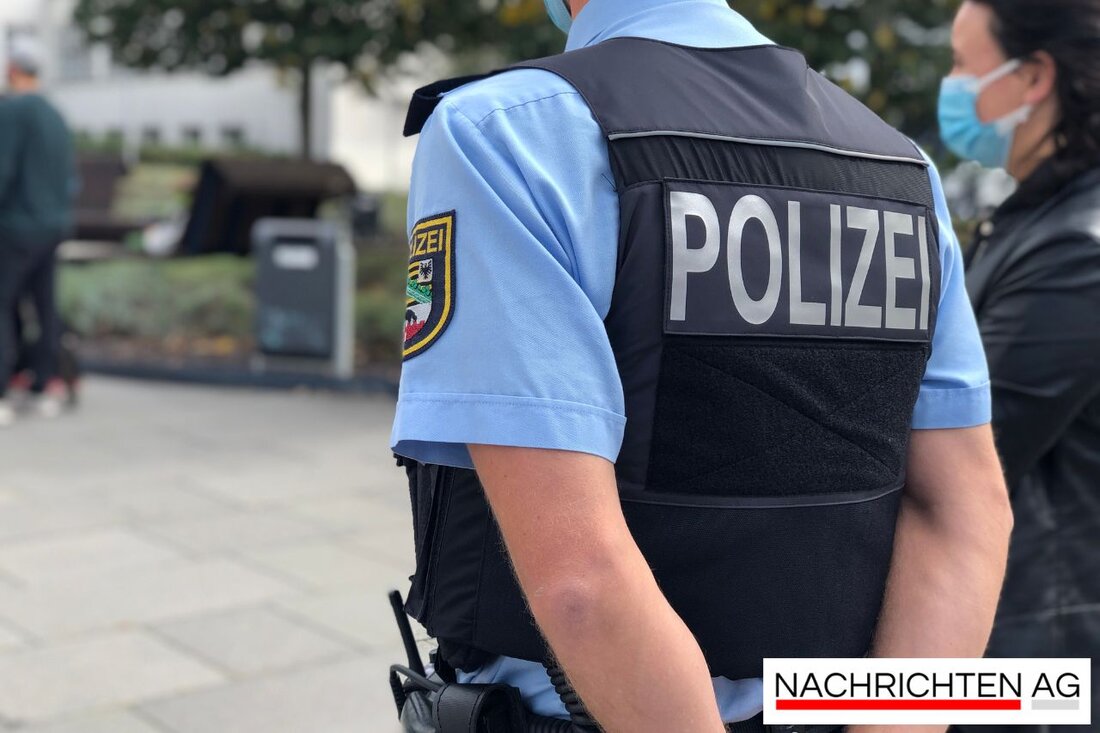Fight for water: residents of Habersaathstrasse in need!
Residents on Habersaathstrasse in Berlin-Mitte are fighting against water shortages and the threat of rent evictions. Action by the owners causes conflict.

Fight for water: residents of Habersaathstrasse in need!
At Habersaathstrasse 44-48 in Berlin-Mitte, residents are fighting for their basic supplies. The cold water supply has been cut off, leading to extreme living conditions: toilets are impossible to flush and cooking facilities are no longer available. The situation is particularly worrying for the former homeless people who moved into part of the building in 2021. Here they live under difficult conditions, while five apartments are regularly occupied with valid rental agreements. The owner company, on the other hand, is planning to demolish the house and build a new one; approval for this has been available since mid-2024 and is valid until the end of the year, as nd-aktuell.de reports.
The situation continues to escalate after a court order recently led to the eviction of twelve apartments at number 48. The doors were bricked up. On Friday, a security company broke into house number 44, kicked in doors and posed as police. Residents report threats from security guards, which led to the police having to be called. What is worrying is that similar acts of violence by security companies occurred in 2023, devastating several apartments. Since then, residents have no longer had hot water, and the heating will be turned off from November. Berliner Energie undwärme informed that the owner will not continue the district heating supply, which further aggravates the situation of the residents.
Increasing housing shortage in Germany
The situation on Habersaathstrasse is not unique, but part of a larger problem in Germany. The number of homeless people rose to around 532,000 at the beginning of 2024, including around 47,300 homeless people. A main reason for the loss of living space is rent debt. Rents are constantly rising, especially in cities, which means that many are no longer able to cover their costs. In 2023, the share of housing costs in households amounted to more than a quarter of disposable income, and for households at risk of poverty it was even almost half, as Statista reports.
What is particularly alarming is the fact that 65 percent of homeless people live without a home for more than a year. The figure for the hidden homeless is 46 percent. This long exposure often leads to psychological consequences and health problems, especially addictions. The population's reactions to homeless people are ambivalent: some show solidarity and help, while others take a tough stance and call for a ban on begging. According to Destatis, homelessness occurs when there are no rental or lease agreements, which illustrates the legal and statistical dimensions of the problem.
The challenges facing the residents on Habersaathstrasse reflect a comprehensive social emergency that affects many people in Germany. The displacement and escalating conflicts between tenants and owners give rise to fears that the housing shortage in the capital and other large cities will continue to increase if comprehensive solutions are not found in a timely manner.

 Suche
Suche
 Mein Konto
Mein Konto
